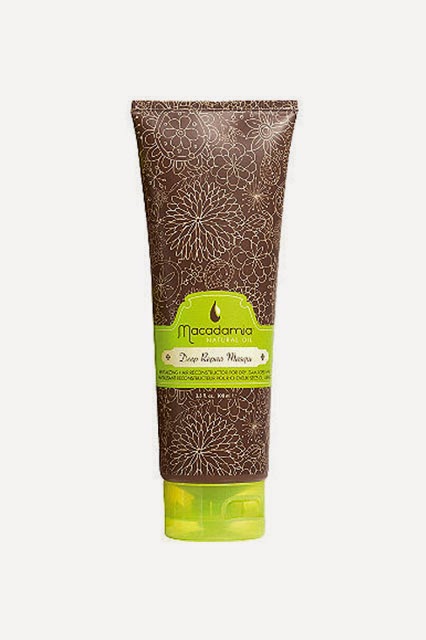Sometimes, being a creature of habit can work in your favor—at least when it comes to your skin.
Going to a Dermatologist
If you haven't done so yet, book an appointment with a dermatologist in your area ASAP. Green says that having an expert on your
skin works to your advantage in major ways. That way, you can get on a
scientifically proven treatment plan that is tailored specifically to
you. Regular checkups help your dermatologist keep track of changes in
your skin, so your routine can change as your skin does.
Buying Products Meant for Your Skin Type
Combination, sensitive, dry,
oily—knowing your skin's needs is half the battle, says Green. Each skin
type requires different types of cleansers, serums, moisturizers, and
treatments. Save yourself years of trial and error with products by
asking your dermatologist what your type is.
Wearing Sunscreen
Green says nothing ages the
skin quite like sun damage. For skin that will stay beautiful as you
mature, wear an SPF 40 sunscreen underneath your foundation every single day.
Seriously, your foundation's sun protection isn't enough. You'd have to
use an entire bottle to match the power of a stand-alone sunscreen—so
use both.
Using a Serum
If you don't have a serum in
your skin-care arsenal, you're seriously missing out. They provide a
concentrated dose of active ingredients that absorb into the skin
lightning-fast. Look for one that satisfies your skin's needs, whether
it's extreme hydration or pigment lightening. For a serum with intense
anti-aging power,
Fighting Aging
Are you getting wrinkles from
worrying about wrinkles? The minute you're aware that your skin is not
perennially gorgeous, it's time to take preventive measures (after all,
it's called anti-aging for a reason). Green says you should start looking for products that have anti-aging benefits as early as your 20s.
Researching Your Purchases
That $200 serum touting insane
anti-aging claims? There's a fair chance it won't deliver on its
promises. Many products that claim holy-grail results actually have
little-to-no evidence backing them up, says Green. She recommends
looking for evidence—such as clinical studies—before making a big
investment.
Using Vitamin C and Retinol
The number one thing that
Green's star patients have in common? They all use vitamin C and
retinols in their youth. Vitamin C provides antioxidants and promotes
collagen production, while retinol smoothes wrinkles and boosts
elasticity. Incorporate both products into your routine to keep skin
looking youthful.
Cleaning Up Your Diet
Unfortunately for your face,
all of the toxins you put into your body (whether they enter via
alcohol, cigarettes, caffeine, or environmental pollution) will
eventually show up on your skin. Green's best advice? Limit your
exposure as much as possible.
Sleeping with a Humidifier
Sleeping with a humidifier running every night can eliminate dry skin and help minimize environmental toxins.
Treating Yourself to Regular Facials
While they aren't a cure-all
for your skin woes, Green says facials work wonders at restoring oxygen
and moisture to the skin. Get one done by a pro every month or two, and
find an at-home formula that you can use once weekly.
Being Gentle with Your Skin
Scrubbing your face won't
solve your skin issues—in fact, Green says it will only make matters
worse. Your skin is most receptive to products when they're applied with
a soft touch in swooping, circular motions.





































